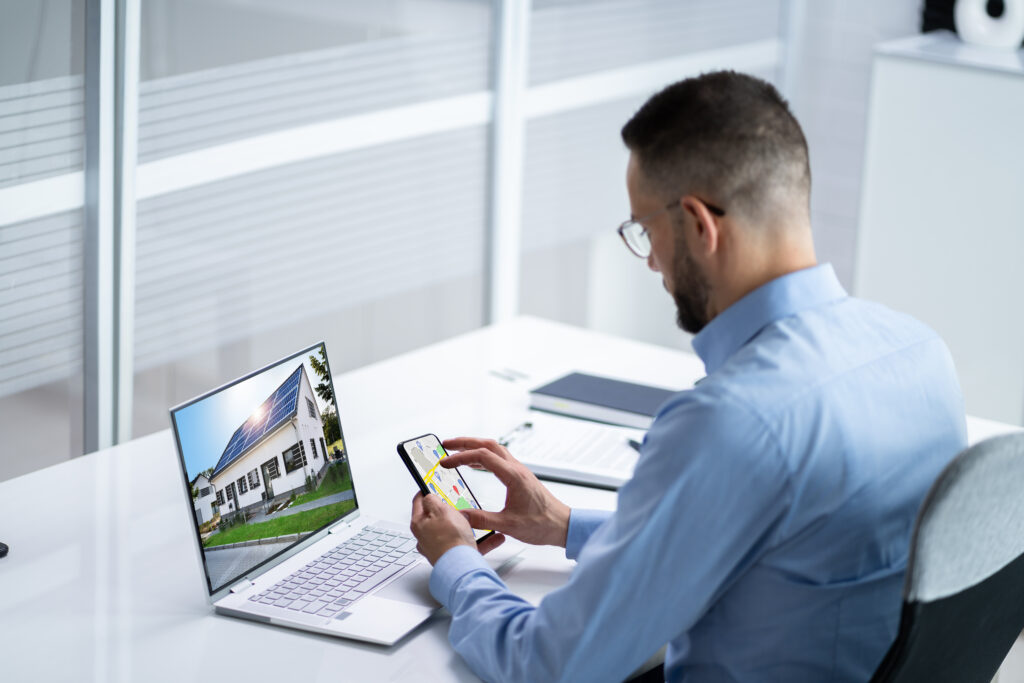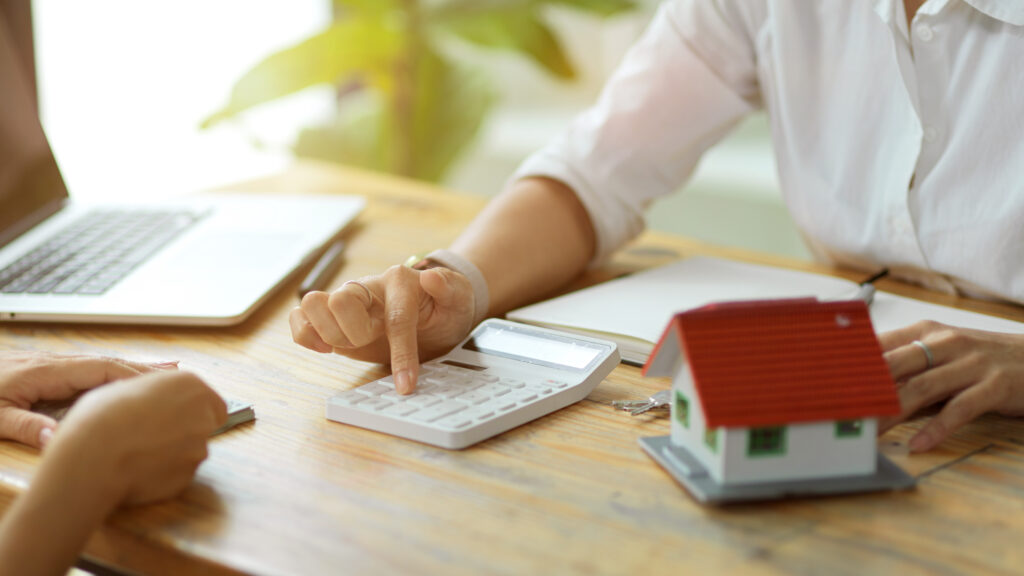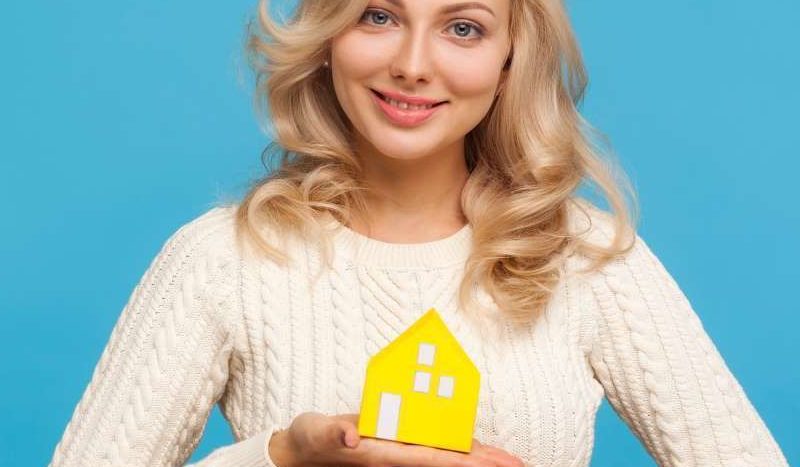Buying a holiday home: 5 points to watch out for
Buying a second home has become a common occurrence in our country: in the fiscal sense, one in ten homes is a second home. More than half of these properties are located on the coast or in the mountains, and to a lesser extent in the largest cities. Of the second homes owned by French households, two thirds are owned by people over 60 years old and are often located more than three hours’ drive from home.
Once this overview has been drawn up, it is easy to understand that the process of buying a second home is somewhat different from that of a main home. The property acquired must be able to be maintained from a distance, be suitable for rental by a third party if necessary and of course not burden the household budget with unexpected costs.
To successfully acquire a second home, without regretting anything afterwards, it is necessary to pay attention to certain precise points that we will detail here.
#1 The location of the property
This criterion can be divided into three distinct points of attention. Firstly, and even if this seems obvious, it is important to choose a location that is suitable for the use you intend to make of your second home. A person seeking human contact will avoid the high mountains and will prefer seaside resorts or large towns. If, on the other hand, you are looking for peace and quiet, the countryside may be a good choice, but beware of the lifestyle of the people concerned! The solitary calm of the countryside can turn into a depressing solitude for those who think they are in a paradise that lacks any kind of entertainment.
Secondly, the distance from the main residence is a key element in the success of the project. The second home must be accessible, by car or public transport, within a reasonable time given the initial ambition. A five-hour journey, for example, to reach a second home where you plan to spend one or two weekends a month, seems too great a constraint. On the other hand, a chalet in the high mountains is only intended to be occupied by its owners for a few weeks a year and for fairly long stays: the journey is similar to going on holiday and can be longer.
Finally, and for buyers who are already considering resale, it is important to remain vigilant about the evolution of the local market. Does the area have the potential to increase in value? Are the shops in a development phase or, on the contrary, have several closed in recent years? These questions will make it possible to determine whether the property can be resold in the medium term, without losing value.

#2 Buy at the right price
The purchase of a second home usually takes place in an area that is not well known to the buyer, who will be less able to assess the prices there. The list of past transactions will provide little information if it is a remote area with few properties.
The right thing to do is to seek the support of a local professional who can correctly assess the real value of a property and who can also help the future owner with the steps to be taken away from home.
#3 Consider the full costs
Some buyers tend to forget that the purchase and use of a second home ultimately entails the same costs as for a primary residence. Even if energy consumption is lower, for example, subscriptions will still be charged. Property tax will also have an impact on the budget, not to mention the costs of maintenance, which will be all the higher if the property is located a long way from the main residence, which may mean that a service provider is required.
Renovation work may also be required because, like any property, the second home may need to be re-roofed, the hot water equipment changed and other structural elements replaced. The interior may also need to be updated regularly, especially if the property is rented out to third parties on an occasional or regular basis.
Finally, insurance must be taken out whether or not the property is rented out: no property is safe from a natural disaster, in the worst case scenario. It should be noted that insurance specially designed for second homes may be less expensive than that for a main home.

#4 In case of rental
We mentioned the possibility of renting out the property when it is unoccupied by its owner, which requires certain measures to be taken beforehand. While this makes it easier to repay the related loan and even to make the investment profitable, the property must necessarily be prepared to receive third parties.
The personal belongings of the owners staying in the house all year round should be hidden away, in a dedicated locked room or cupboard. The equipment appreciated by everyone should be present, and not only those necessary for the owner’s comfort. Finally, it will be essential to have a cleaning and bedding change person between tenants.
Using an agency seems to be the best option, despite the cost involved: the intervention of a specialist who is used to and guarantees the services provides a welcome peace of mind. Entrusting your property to a professional will also allow you to delegate communication and reservation management, which are not easy to do from a distance.

#5 Beware of the fiscal impact!
In addition to the property tax already mentioned, the owner of a secondary residence will have to pay the housing tax, which is only exempted for primary residences.
The property acquired in this way also adds value to the owner’s assets, which may have an impact on the tax system applicable to it. In the event of resale of the property, the owner is also exposed to taxation of 36.20% of the capital gain made. However, it is possible to benefit from a discount on this tax, of 6% per year from the sixth year of ownership of the property. Finally, the tax will not apply if the capital gain is less than €15,000 for a single person (or €30,000 for a couple).
Finally, the rental of the property generates income that is taxable as property income. However, up to €72,600 of income, the owner can opt for the status of non-professional furnished landlord (LMNP). Under the micro-BIC regime, he will then benefit from a 50% allowance on the income earned, which will be added to the owner’s other annual income in order to be subject to the progressive scale of income tax.
Buying a second home is an important project, which deserves to be thought out and matured in the same way as buying a main home. Responding to the needs of owners, finding an economic balance, bringing in an additional income, why not: the investment can be exciting to work out!
However, in the event of a prolonged absence, it will be essential to provide an efficient security system. In addition to the basic alarm, home automation offers amazing possibilities: giving remote access to a tenant at any time, opening and closing the shutters automatically, activating and deactivating the electrical installation and even accessing the camera images from your smartphone. This is enough to reassure even the most anxious!


